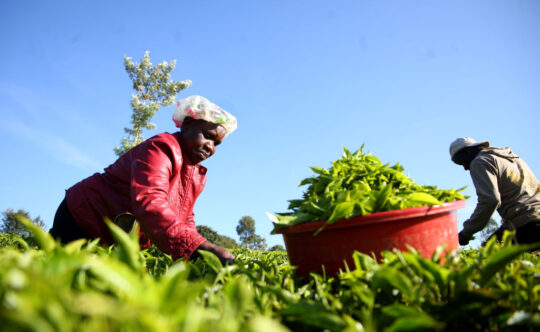Allan Olingo is The Fuller Project's East Africa Bureau Chief, based in Nairobi. With over a decade of experience in print and digital media, Allan has established himself as a leading voice in human interest reporting across East Africa and the continent.
Before joining The Fuller Project, Allan held the position of Group News Editor, Print and Broadcast at Nation Media Group, where he led the integrated newsroom in delivering digital-first news to Kenyan audiences. Prior to that, he served as News Editor at The EastAfrican, overseeing coverage of business, diplomacy, and foreign policy across Africa. In this role, he managed a vast network of 70 correspondents across Kenya, Rwanda, Uganda, Burundi, Somalia, Ethiopia, Tanzania, the Democratic Republic of Congo (DRC), and South Sudan—ensuring in-depth and impactful storytelling.
Allan's career trajectory includes key roles such as Bureau Chief and Breaking News Editor for the Daily Nation, and Senior Reporter at The EastAfrican. His work is driven by a commitment to uncovering untold stories and delivering insightful journalism that shapes public discourse.
He holds a Bachelor of Arts in Communications from the University of Nairobi and a Master of Science in Digital Audience Strategy from Arizona State University. Allan is also an alumnus of the Bloomberg Media Initiative at Strathmore University and the U.S. Department of State’s prestigious International Visitor Leadership Program (IVLP) in 2020.
Through his leadership and storytelling expertise, Allan continues to champion impactful journalism that informs and inspires audiences across Africa and beyond.


American conservatives’ latest safari — an anti-women, anti-LGBTQ tour of Africa
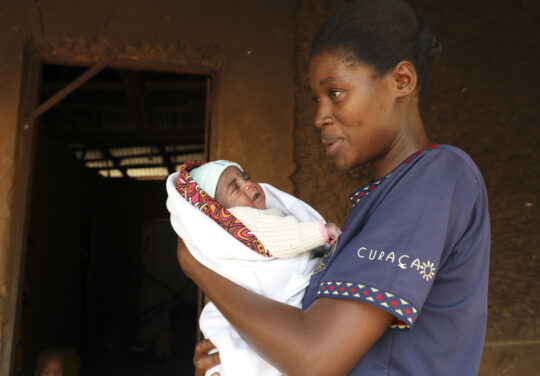
‘Urgent action is needed to safeguard the lives of women and children’
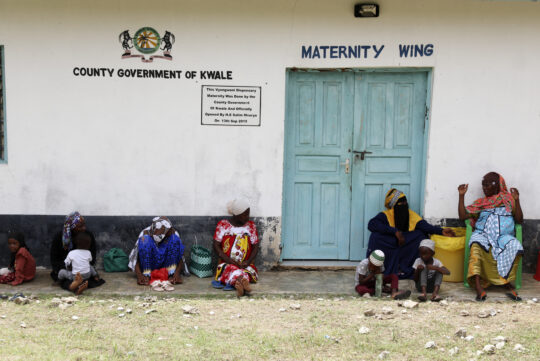
The U.S. aid freeze: Counting the global cost of chaos
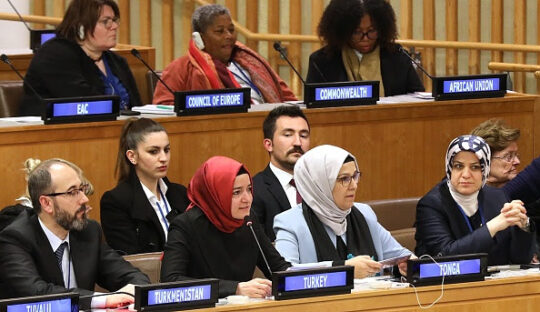
CSW69 — Women’s Rights at a Crossroads

Trump jolts African healthcare — women will pay the price
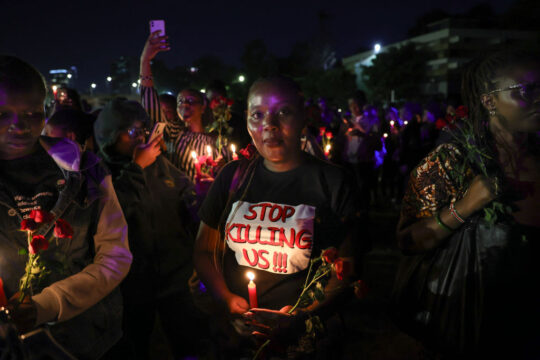
Kenya’s Empty Promises on Protecting Women

This Could Be The Deadliest Year On Record For Kenyan Women

“This is our fight” – Kenyan healthcare providers brace for Trump presidency
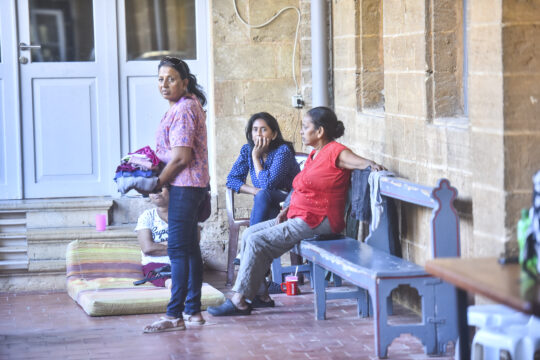
‘Nowhere Is Safe’ – The Migrant Domestic Workers Abandoned In Lebanon

How Climate Change is Hitting Kenyan Girls’ Education
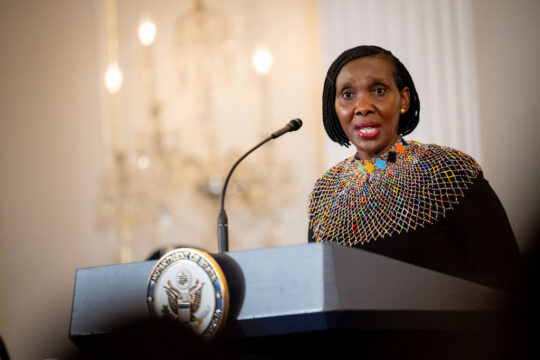
Activist who transformed Kenya’s approach to trafficking warns more women now at risk

Kenya, others risk erasing slow progress in reducing ‘period poverty’
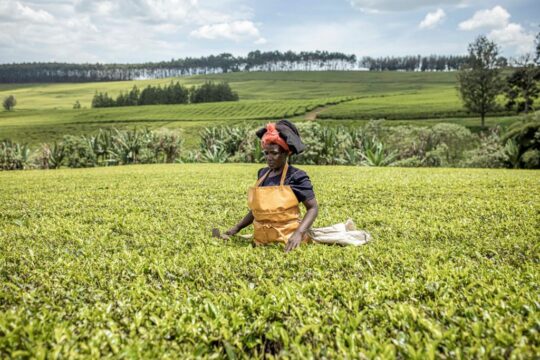
BBC Tea exposé: Lobby groups want alleged abuser out of tea board elections

East Africa’s Finance Bills deal heavy blow to women’s wallets

From drought to floods: Climate crisis after crisis keeps women on edge in East Africa
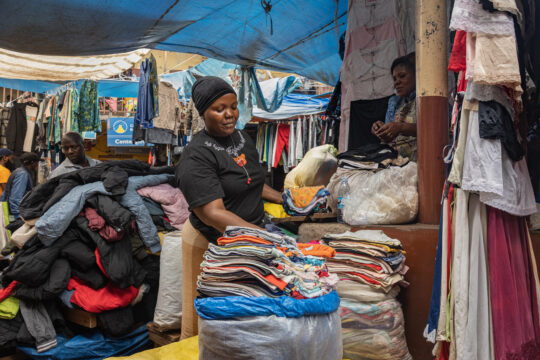
East Africa’s second-hand clothes markets – a major source of work for women – are under threat
